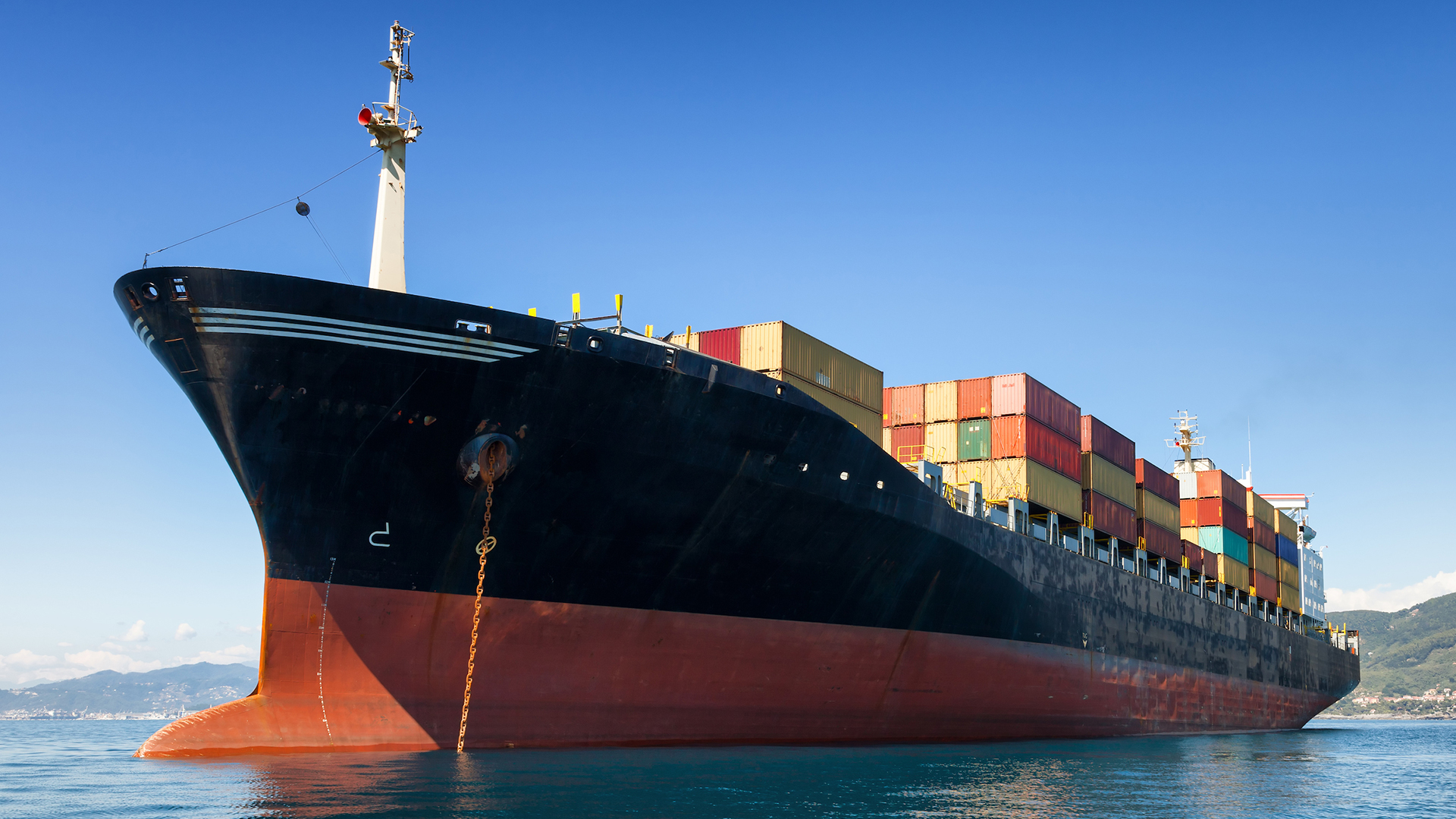Maritime Lawyer Seas of Legal ExpertiseMaritime Lawyer
Maritime law, also known as admiralty
law, governs legal disputes and matters that arise on navigable waters. In this
comprehensive guide, we'll explore the essential role of maritime lawyers,
their areas of expertise, and the crucial services they provide in the maritime
industry.
- Defining Maritime Law: Maritime law encompasses a broad
range of legal issues related to maritime activities, including shipping,
navigation, salvage, marine insurance, pollution, and maritime commerce.
- Specialized Legal Expertise: Maritime lawyers
specialize in the unique legal principles and regulations that apply to
maritime activities, vessels, and maritime commerce.
- Areas of Practice: Maritime lawyers handle a diverse
range of legal matters, including vessel transactions, maritime accidents,
cargo disputes, marine insurance claims, environmental regulations, and
international trade.
- Vessel Transactions: Maritime lawyers assist clients
with vessel transactions, including vessel purchases, sales, financing,
leasing, registration, and documentation.
- Maritime Accidents: In the event of maritime accidents,
such as collisions, groundings, or oil spills, maritime lawyers provide
legal representation to vessel owners, operators, crew members, and other
parties involved in the incident.
- Personal Injury Claims: Maritime lawyers handle
personal injury claims on behalf of seamen, longshoremen, dockworkers, and
passengers injured in maritime accidents, seeking compensation for medical
expenses, lost wages, pain and suffering, and other damages.
- Jones Act Claims: The Jones Act is a federal statute
that provides legal remedies for seamen injured due to the negligence of
their employers or fellow crew members. Maritime lawyers specialize in
Jones Act claims and represent injured seamen in seeking compensation for
their injuries.
- Longshore and Harbor Workers' Compensation Act (LHWCA):
Maritime lawyers also assist longshoremen, harbor workers, and other
maritime employees in filing LHWCA claims for work-related injuries and
occupational illnesses sustained while working on navigable waters or in
maritime facilities.
- Cargo Disputes: Maritime lawyers handle cargo disputes
arising from damaged or lost cargo during shipping, providing legal
representation to cargo owners, carriers, insurers, and freight forwarders
involved in the dispute.
- Marine Insurance Claims: Maritime lawyers assist
clients in navigating the complexities of marine insurance policies and
claims, including coverage disputes, claim denials, subrogation actions,
and policy interpretation.
- Pollution and Environmental Compliance: Maritime
lawyers advise clients on compliance with environmental regulations,
pollution prevention measures, and liability issues related to marine
pollution incidents, such as oil spills and hazardous material releases.
- International Trade: Maritime lawyers play a crucial
role in international trade by advising clients on contracts of carriage,
charter parties, bills of lading, letters of credit, and other legal
documents governing maritime commerce and transportation.
- Arbitration and Litigation: In cases of maritime
disputes that cannot be resolved through negotiation or mediation,
maritime lawyers represent clients in arbitration proceedings,
administrative hearings, and litigation in federal and state courts.
- Maritime Liens and Mortgages: Maritime lawyers assist
vessel owners, operators, and lenders in establishing and enforcing
maritime liens and mortgages to secure financing and protect their
interests in vessels and maritime assets.
- Salvage and Towage: Maritime lawyers advise salvage
companies, vessel owners, and insurers on salvage and towage contracts,
rights and obligations under maritime salvage law, and disputes arising
from salvage operations.
- Regulatory Compliance: Maritime lawyers help clients
navigate complex regulatory frameworks governing maritime activities,
including Coast Guard regulations, maritime security measures, and
international maritime conventions.
- Maritime Criminal Defense: In cases of maritime
criminal offenses, such as piracy, smuggling, or maritime terrorism, maritime
lawyers provide legal defense representation to individuals and entities
facing criminal charges under maritime law.
- Maritime Labor Law: Maritime lawyers assist maritime
employers and employees with compliance with labor laws, collective
bargaining agreements, wage and hour regulations, and employment disputes
in the maritime industry.
- Maritime Personal Injury: Maritime lawyers handle
personal injury claims arising from accidents aboard vessels, offshore
platforms, docks, and maritime facilities, seeking compensation for
injured workers and their families.
- Maritime Product Liability: Maritime lawyers represent
clients in product liability claims involving defective maritime
equipment, vessels, and components, holding manufacturers, suppliers, and
distributors accountable for injuries and damages caused by defective
products.
- Maritime Contracts and Transactions: Maritime lawyers
draft, review, and negotiate contracts and agreements related to vessel
charters, shipbuilding, repair and maintenance, maritime services, and
other commercial transactions in the maritime industry.
- Maritime Environmental Law: Maritime lawyers advise
clients on compliance with environmental laws and regulations governing
marine pollution, ballast water management, vessel emissions, and habitat
conservation in marine ecosystems.
- Admiralty Jurisdiction: Maritime lawyers litigate cases
in admiralty courts, which have jurisdiction over maritime disputes, ship
arrests, maritime liens, salvage claims, and other matters arising on navigable
waters.
- Limitation of Liability: Maritime lawyers assist vessel
owners and operators in invoking the Limitation of Liability Act to limit
their liability for maritime accidents and incidents to the value of the
vessel and its cargo.




0 Comments